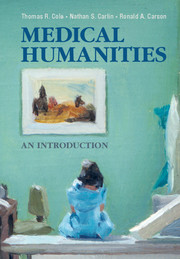Book contents
22 - Religion and Bioethics
from Part IV - Religion and Medicine
Summary
Why is it that the intellectual engine of bioethics seems to be driven by legal or medical theorists rather than theologians?
– Laurie ZolothBioethics began in religion, but religion has faded from bioethics.
– Albert JonsenAbstract
This chapter explores the brief history of religion and bioethics. Beginning with a discussion of the religious roots of the field, it examines the key contributions of early figures such as James Gustafson, Paul Ramsey, Joseph Fletcher, Karen Lebacqz, William May, H. Tristram Engelhardt Jr., and Daniel Callahan. Then, with a focus on contemporary debates surrounding religion and bioethics, it notes some recent developments in the field, including the “conservative turn” and the emergence of non-Christian perspectives.
INTRODUCTION
The purpose of this chapter is to introduce the reader to the role that religious thinkers have played, and, to a lesser extent, still do play, in bioethics. This chapter is historical and thematic and has three parts. In part one, we provide a brief overview of the history of religion and bioethics. In part two, we explore some of the writings and themes of key thinkers in this history. And in part three, we outline some current debates and discussion.
- Type
- Chapter
- Information
- Medical Humanities , pp. 340 - 357Publisher: Cambridge University PressPrint publication year: 2014



